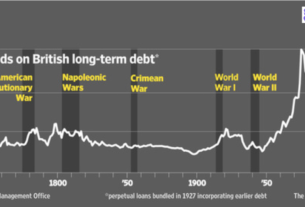The Guardian’s editorial underscores the political fallout from Labour’s recent policy reversals, notably the reinstatement of the Winter Fuel Allowance (WFA) for pensioners earning under £35,000. Initially cut to signal fiscal responsibility, the WFA’s restoration has been criticized as a costly U-turn that damages the government’s credibility. Chancellor Rachel Reeves struggled to justify the reversal, citing vague economic improvements without concrete evidence. Critics argue that such inconsistencies erode public trust and suggest that Labour’s commitment to fiscal discipline is wavering.
The editorial also highlights broader concerns about Labour’s approach to public spending. While the government has pledged to invest in public services, recent cuts to welfare benefits, including those affecting disabled individuals and the two-child benefit cap, have sparked backlash. These measures, intended to reduce child poverty, have not yielded the promised outcomes, deepening skepticism among voters. The government’s focus on fiscal austerity over tangible improvements in public services risks alienating working-class communities and fueling support for populist alternatives.
In summary, The Guardian’s editorial critiques Labour’s recent policy decisions as indicative of a broader failure to balance fiscal responsibility with the delivery of meaningful public services. The government’s inability to effectively communicate and implement its policies has led to political backlash and declining public confidence. Unless Labour can demonstrate a clear commitment to improving outcomes for ordinary voters, it risks further eroding its support base and strengthening the appeal of far-right alternatives.




